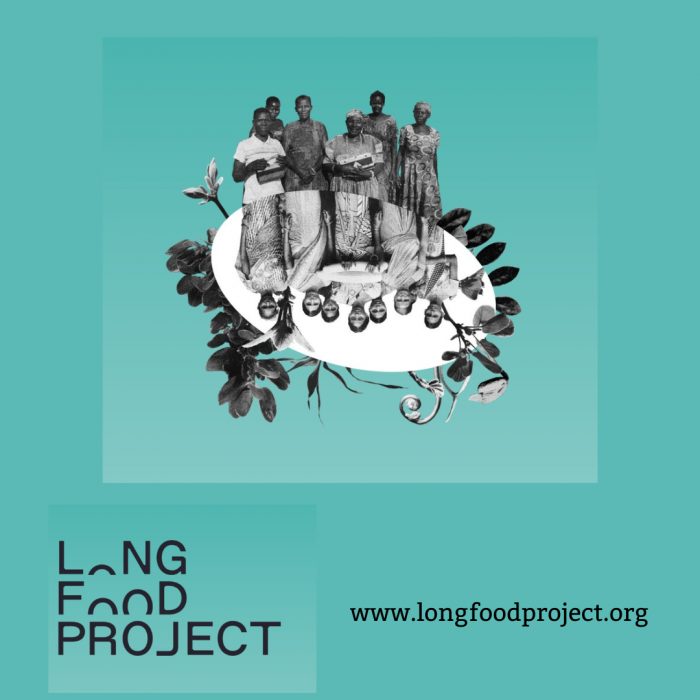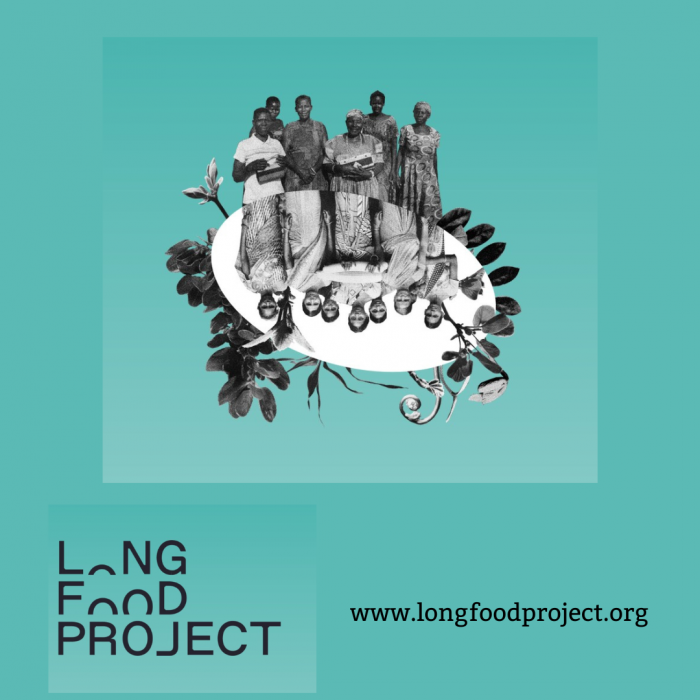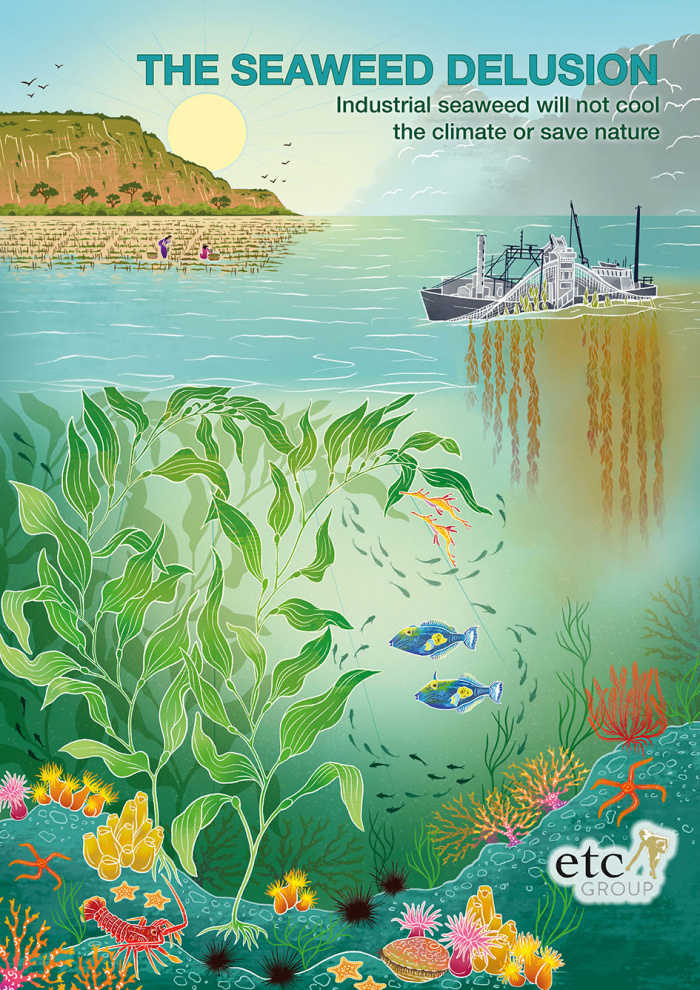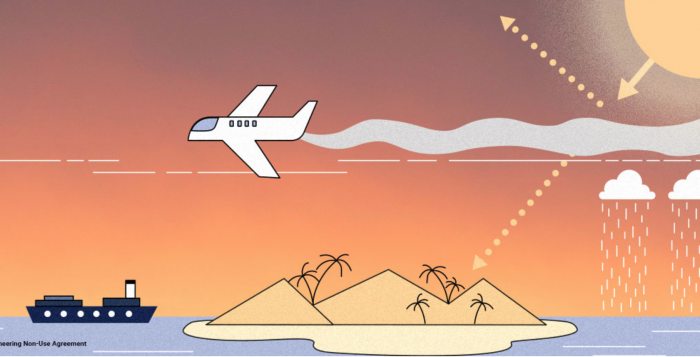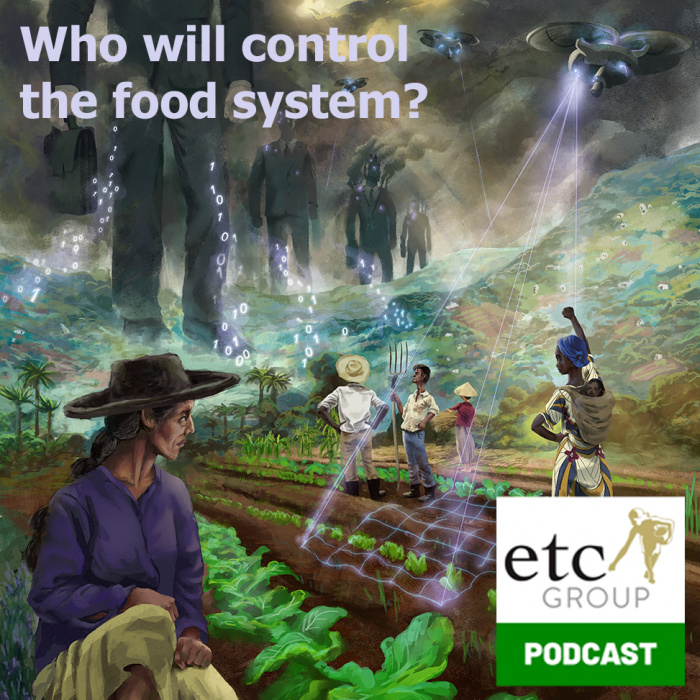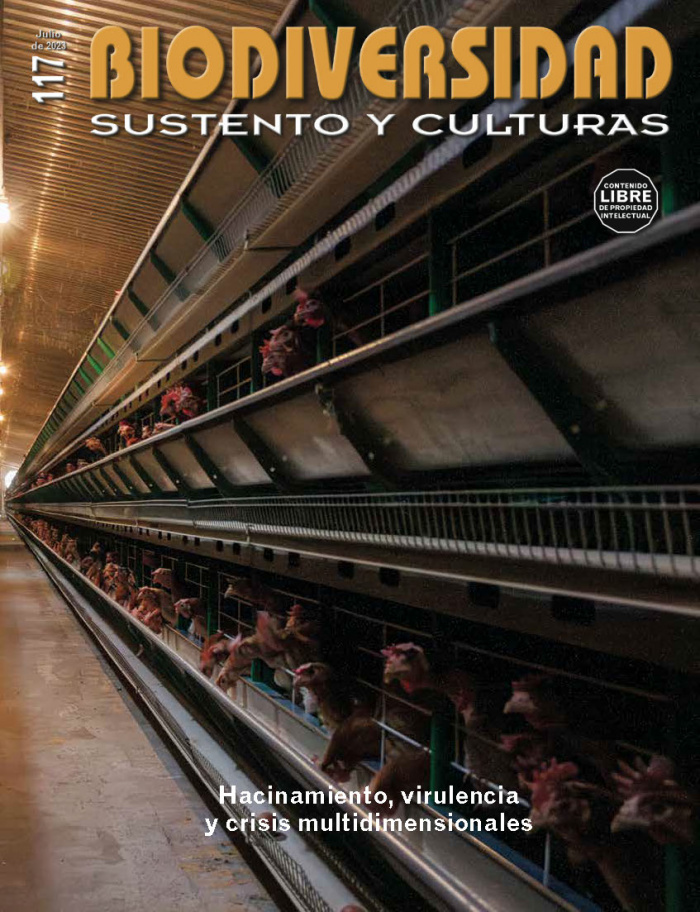El Long Food Project: Herramientas para fortalecer los sistemas alimentarios encabezados por los pueblos
Enviado por Ronnie Hall el
Para conmemorar el Día Mundial de la Alimentación (16 de octubre de 2023), IPES-Food y Grupo ETC comparten una serie de recursos prácticos destinados a ayudar a todos aquellos de nosotros en organizaciones y movimientos de la sociedad civil de todo el mundo que rechazamos los “agronegocios como siempre” y que trabajamos para fortalecer los sistemas alimentarios liderados por las personas en consonancia con la justicia social y la supervivencia del planeta.

